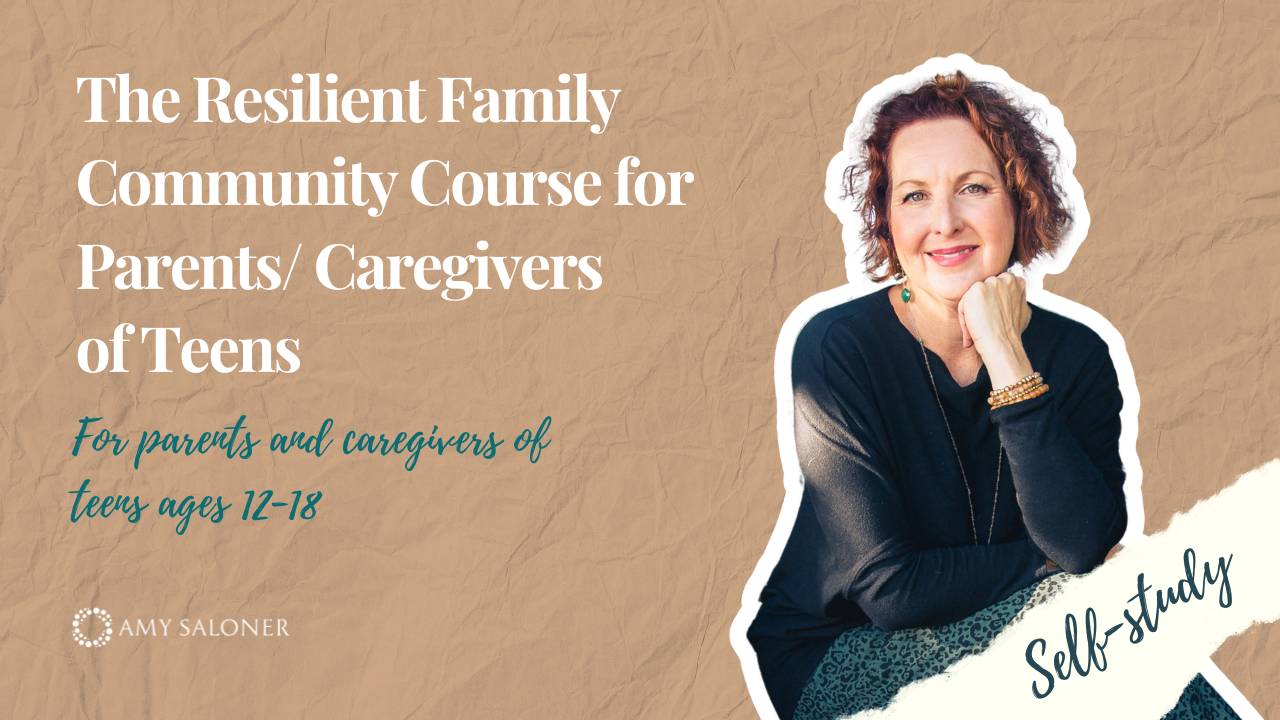
Your teen is either in middle or high school now...
do you know how to support them in this new phase of learning and growing?
Just as they are getting their bearings with a new school, and a brain and body that is changing faster than fashion, so are you adjusting and learning a new rhythm of parenting. Parenting an adolescent can be challenging on many levels. From greater independence and expectations to changing brains, hormones and moods, it can be tough to navigate for you and them.
Regardless of their plans after high school, it is never too early to start thinking about what they need to live on their own after they graduate. And it doesn’t matter what their road ahead looks like, your relationship with them is also changing.
And the opportunities and processes have changed since we were their age. It can feel overwhelming, confusing and especially challenging if our ideas for their future are different than theirs.
Even if our children have their lives planned out for themselves, we also understand as adults, life doesn’t always go as planned.
And we as their parents are having our own experience in this transition, but it is not always acknowledged or attended to as we focus on what is next for them.
But your experience, your concerns, your struggles… they all matter.
Your family dynamic is changing whether you like it or not, but you don’t have to go through it alone.
Your ability to be the best parent you can be in this process has everything to do with whether you have the support you need along the way.
When you feel more confident about what to expect as your child develops their own sense of self, and you feel anchored in your own support network, your relationship with your teen will improve and you will have the capacity to support them in ways that work for BOTH of you.
Here is what you will learn as you work through the ten modules inside:
Embodiment through nutrition, nervous system regulation, brain development, rest and play.
Mindfulness through life skills, relational skills and self-care skills.
Connectedness through healthy relating, boundaries and agreements.
Belonging through community, purpose and rites of passage.
Within each of these areas of focus, topics of screen time, sex and sexuality, chores, attachment styles, preparing for life after high school and so many other subtopics can be addressed.
Sign up now!We can’t do this alone. I know many of you have tried. And sometimes we just have to get started.
I have been running support groups for parents of teens for nearly five years now and I have been cultivating the content for nearly thirty years.
I have many parents who want the support of meeting monthly to learn how to cultivate resilience in their teens, and I have many parents who are busy in their lives and meeting online twice per month feels like too much.
So this is where the Self-Study Resilient Family Course was born.
You learn the content at your own pace, ask questions and get support through the platform as you need.
If you would like additional support after that, you are welcome to join the ongoing RFCC-advanced group that meets once per month. It's totally optional.
Sign up now!
Hi, I’m Amy Saloner. I have worked with families for almost 30 years as a therapist, nutritional therapy practitioner, parent and teen coach, educator and community builder. I am a mom to a 25, 18 and 15 year old.

I am walking this journey alongside you with my own children.
So professionally and personally, I’ve got your back.
Dive into this Ten Module Course, you will walk away with something valuable for you and your teen, I am confident.
If you have questions or are still determining if this is right for you, please schedule a free 20 minute call so I can answer any questions you may sign up here for a Free 20 minute call
Register now


